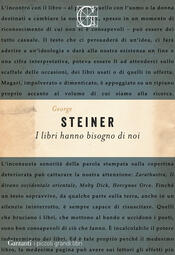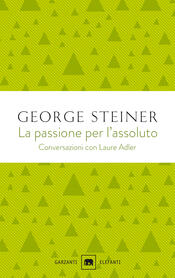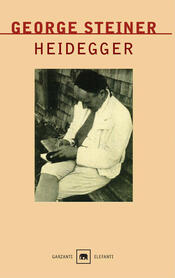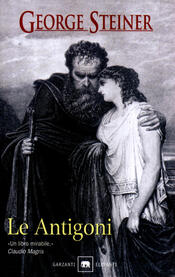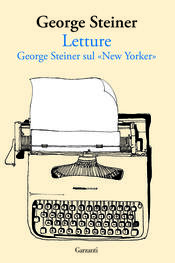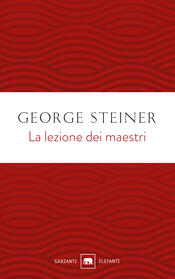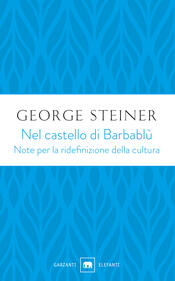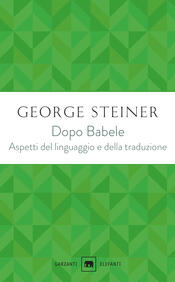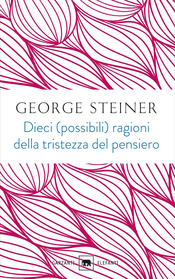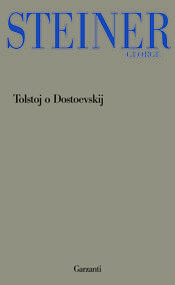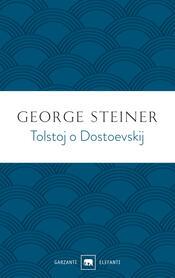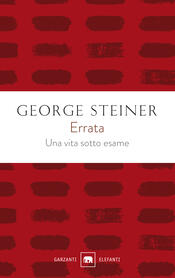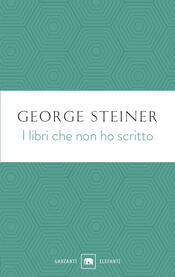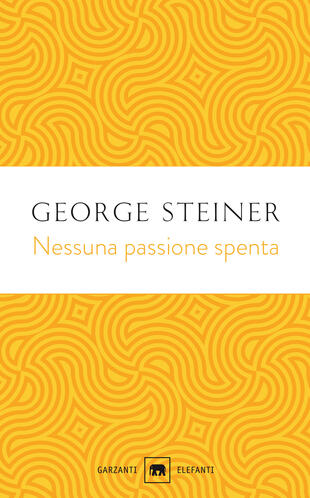

Nessuna passione spenta
-
Tradotto da: Claude Beguin
Tutti i formati dell'opera
Acquistalo
Sinossi
Le più recenti scuole critiche e filosofiche sembrano aver incrinato i rapporti tra le parole e il loro significato: il testo diventa oggetto di infinite possibilità di interpretazione e appropriazione, tutte ugualmente legittime. L’elettronica e la cultura di massa stanno trasformando la produzione, la diffusione e la conservazione dei segni.
In questa situazione, come può sopravvivere il libro, che ha plasmato così in profondità la nostra cultura? Quali sono le implicazioni dell’atto della lettura che rischiamo inconsapevolmente di perdere? Partendo da queste domande George Steiner indaga lo statuto del libro ed esplora l’enigma della rivelazione attraverso il linguaggio, che è il fondamento del giudaismo e del suo tragico destino. In questi saggi, scritti dal 1978 a oggi (e qui raccolti con un titolo che ribalta l’ultimo verso del Samson Agonistes di Milton, «Ogni passione spenta»), la riflessione tocca anche Shakespeare e Kafka, la negatività della tragedia assoluta e la peculiarità della cultura americana, la storicità dei sogni e il problema della traduzione e della traducibilità. Steiner si spinge fino a interrogare i lasciti della testualità classica ed ebraica: proprio nell’interazione dei due mondi spirituali di Atene e Gerusalemme si è plasmata l’identità occidentale, forgiando la nostra condizione morale e intellettuale. Le figure di Socrate e Cristo, con le loro analogie e i loro contrasti, gli offrono dunque una preziosa chiave per affrontare problemi che trascendono la letteratura e l’arte, e ci aiutano a identificare le fonti vitali della cultura europea e, all’interno di essa, i semi della sua distruzione.
- ISBN: 8811815444
- Casa Editrice: Garzanti
- Pagine: 368
- Data di uscita: 01-10-2020





